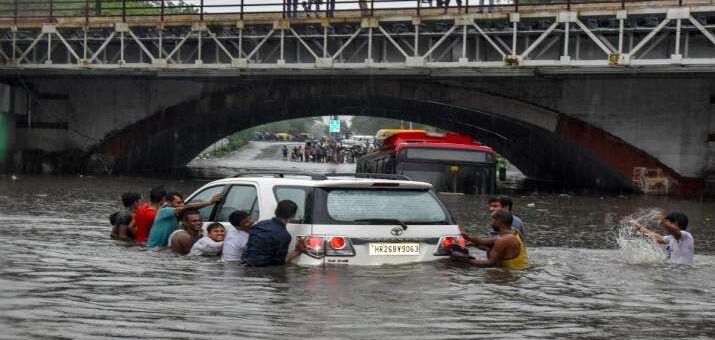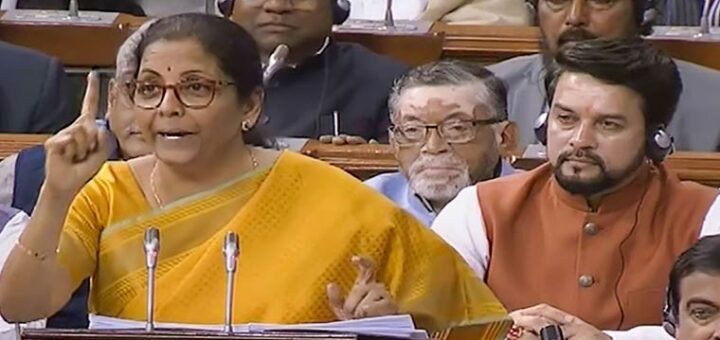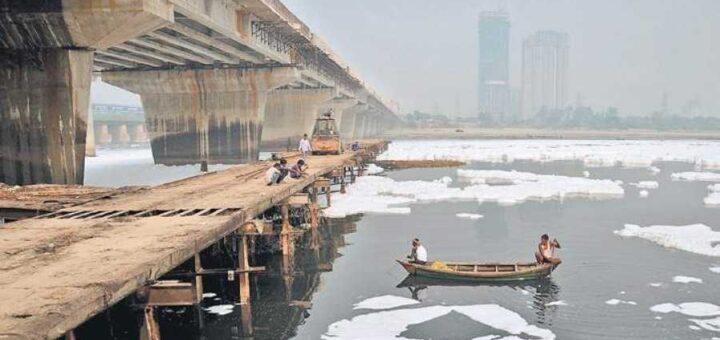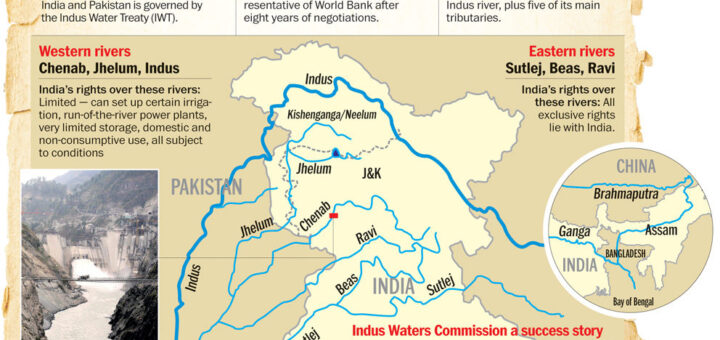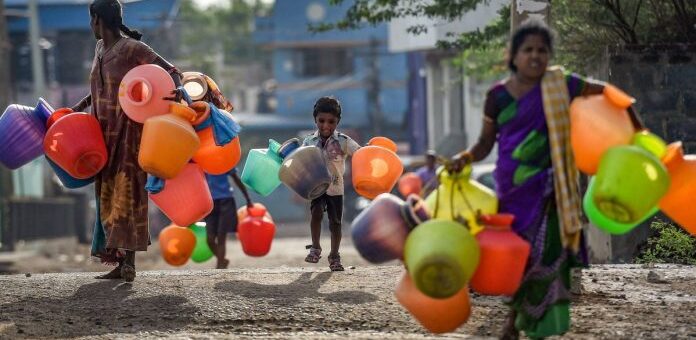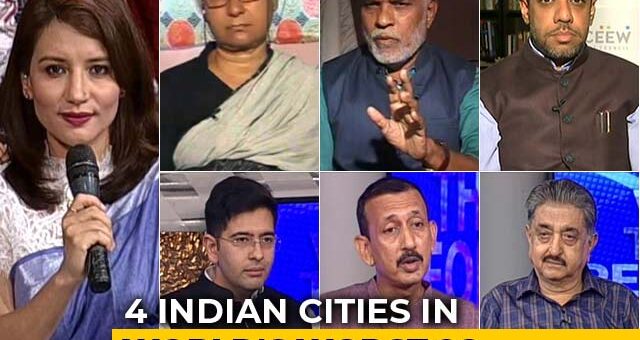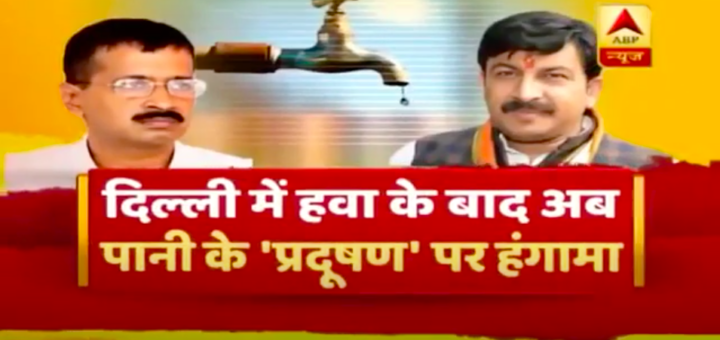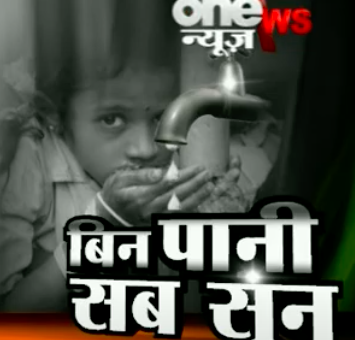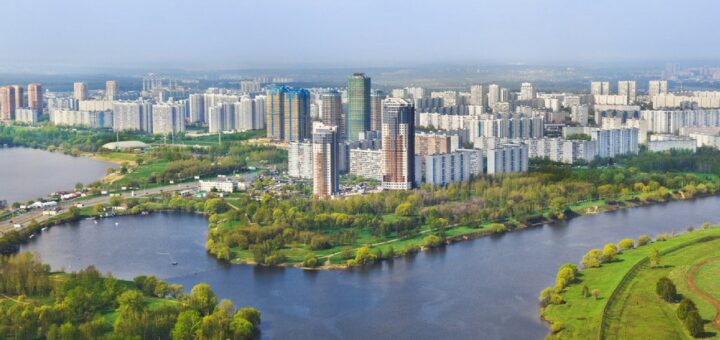A Relook at Delhi’s Water Logging by Manohar Khushalani
Shikha Rai re-dug and re-built the entire drainage system. It was specially tricky because the crossover bridges built by residents to enter their driveways, had to be cut and new crossover ramps were built by SDMC on each driveway of each house. The storm water drains were covered by porous RCC slabs, so that cars can be parked and rain water can flow into the drains and road muck was restrained. The effect was really dramatic. Every monsoon the streets, which were ankle or knee deep with water earlier, got drained away much faster.



